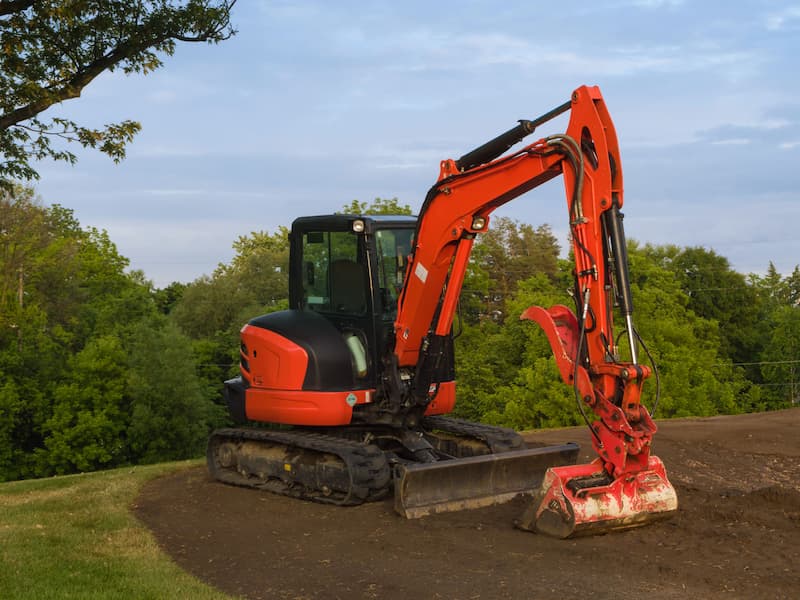When it comes to acquiring heavy equipment, whether for construction, mining, or any other industrial application, auctions can be a goldmine. Heavy equipment auctions offer unique opportunities to purchase top-quality machinery at competitive prices. But navigating these auctions requires some know-how. Here’s a comprehensive guide to help you make the most of heavy equipment auctions.
Understanding Heavy Equipment Auctions
Heavy equipment auctions are events where machinery and equipment are sold to the highest bidder. These auctions can be conducted in-person, online, or a combination of both. They offer a wide range of equipment, including bulldozers, excavators, cranes, and more.
Why Participate in Heavy Equipment Auctions?
- Cost Savings: Auctions can provide significant savings compared to buying new or even used equipment through traditional dealers.
- Wide Selection: Auctions often feature a diverse array of equipment from different manufacturers and for various applications.
- Transparency: Auctions provide a transparent process where you can see the equipment’s condition and bid against other interested buyers in real time.
Preparing for the Auction
- Research: Before attending an auction, research the types of equipment you need and understand their market value. Familiarize yourself with the auction house’s reputation and the equipment’s history.
- Inspection: Inspect the equipment thoroughly. If the auction is online, review all provided information and request additional photos or details if necessary. For in-person auctions, attend pre-auction viewings to assess the condition of the equipment.
- Set a Budget: Determine your maximum bid before the auction begins. Factor in additional costs such as buyer’s premiums, taxes, and transportation fees.
- Understand the Terms: Each auction has its own set of terms and conditions. Make sure you understand these, including payment terms, deposit requirements, and any fees associated with the purchase.
Bidding Strategies
- Start Low: Place an initial bid lower than your maximum budget to gauge the interest in the equipment.
- Bid Confidently: Show confidence in your bidding to deter competitors. Avoid hesitation, as it can signal uncertainty and give others an advantage.
- Watch the Competition: Pay attention to other bidders’ behavior. If bidding seems to slow down, it might be the right time to make a decisive bid.
- Stay Within Budget: Stick to your predetermined budget to avoid overpaying. It’s easy to get caught up in the excitement of bidding wars, but maintaining discipline is crucial.
After the Auction
- Complete Payment: Follow the auction house’s instructions for payment. Ensure that all financial transactions are completed promptly to avoid any issues.
- Arrange Transportation: Coordinate the transport of your newly acquired equipment to its intended location. Make sure you factor in shipping costs and logistics.
- Review Documentation: Ensure you receive all necessary documentation, including titles, bills of sale, and maintenance records.
- Inspect Upon Delivery: Upon receipt, inspect the equipment to ensure it matches the auction description and is in the expected condition. Address any discrepancies immediately.
Heavy equipment auctions can be an excellent opportunity to acquire machinery at a fraction of the cost of new equipment. By conducting thorough research, preparing adequately, and employing strategic bidding tactics, you can maximize your chances of securing valuable assets for your business. Whether you’re looking to expand your fleet or replace aging equipment, heavy equipment auctions offer a dynamic and potentially cost-effective solution.


Leave a Reply